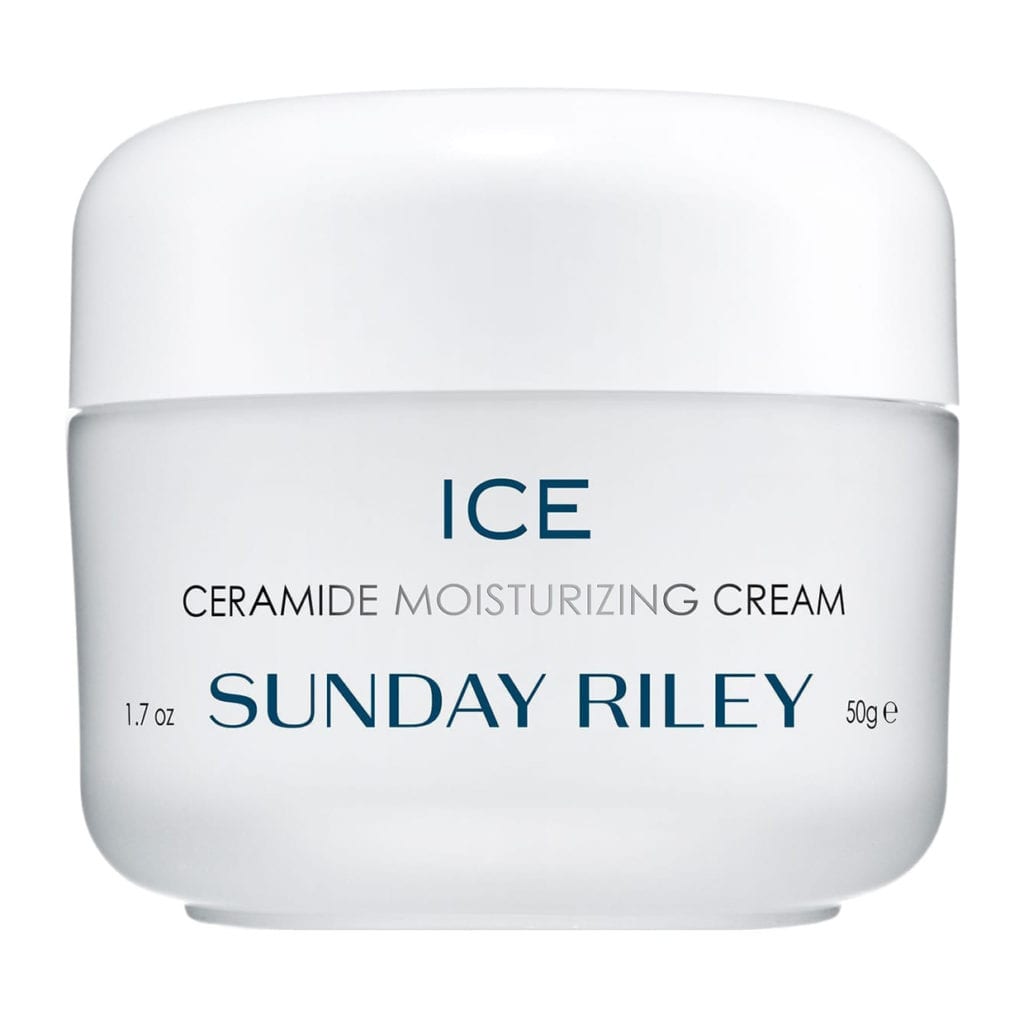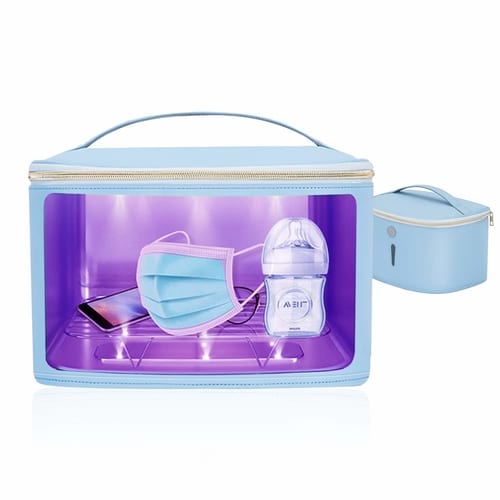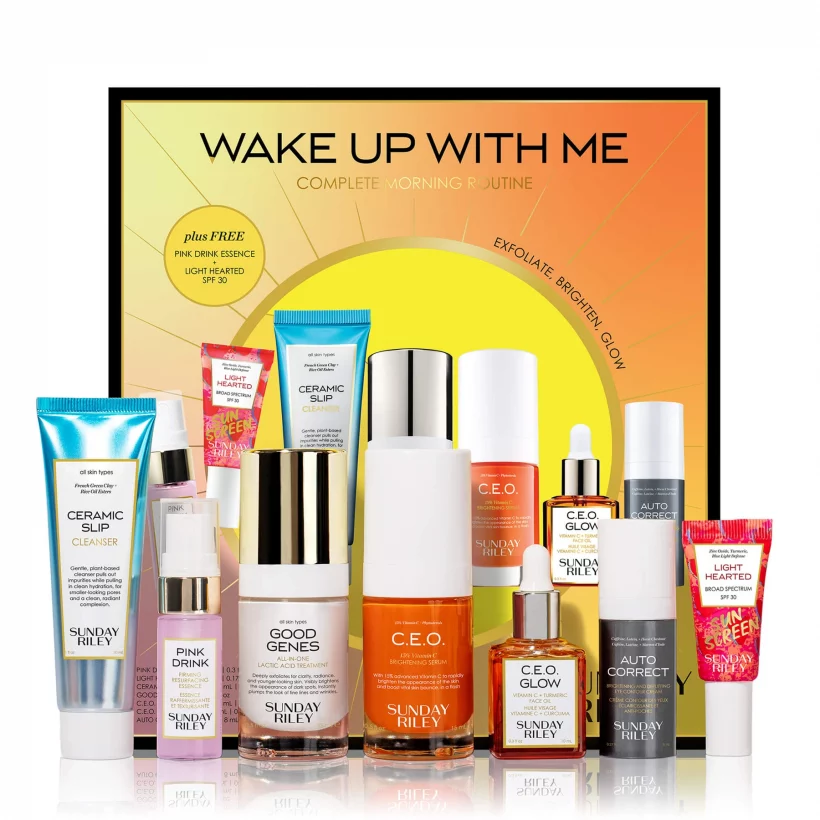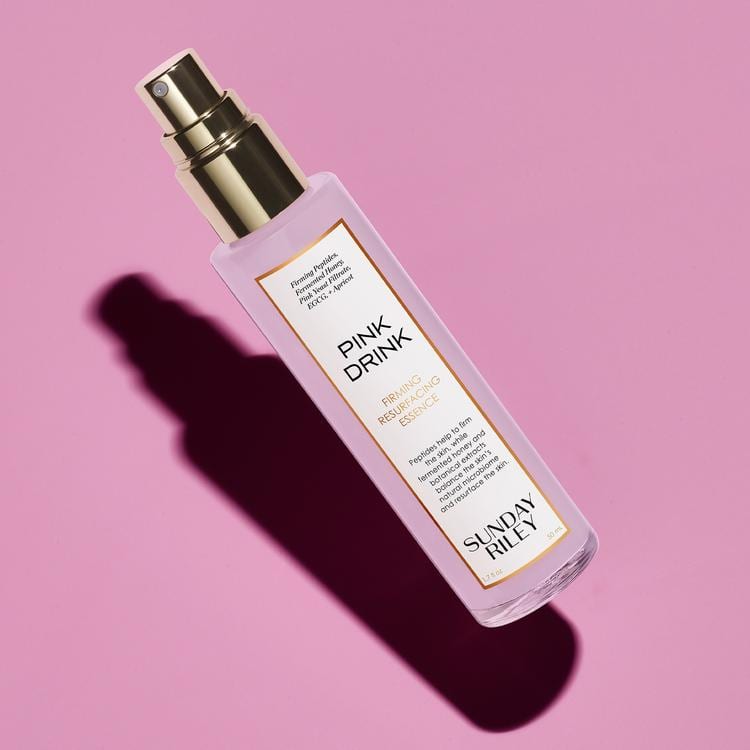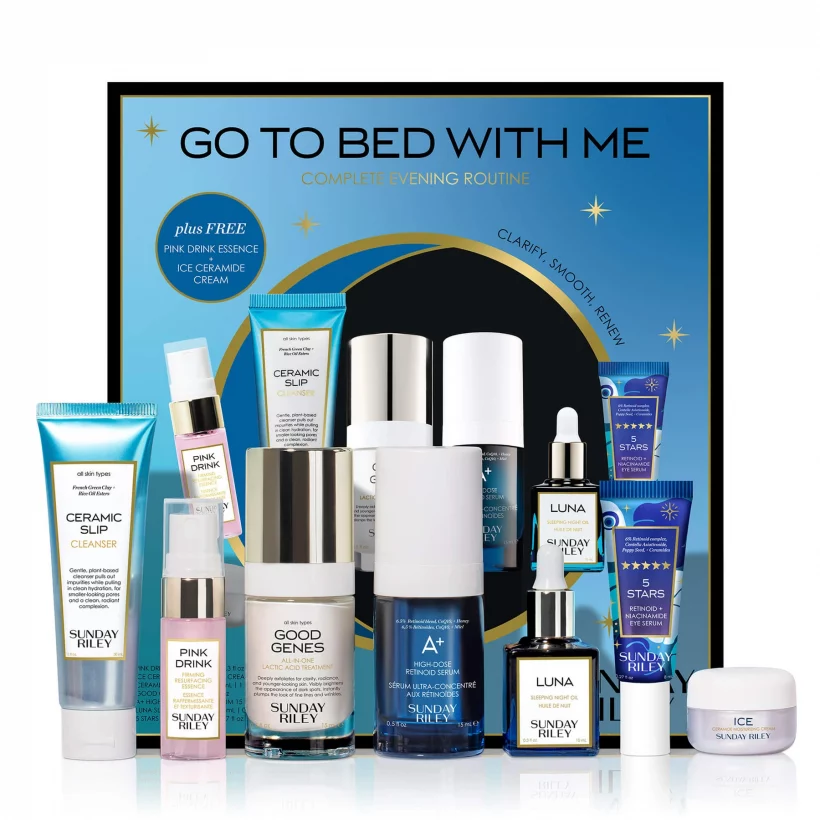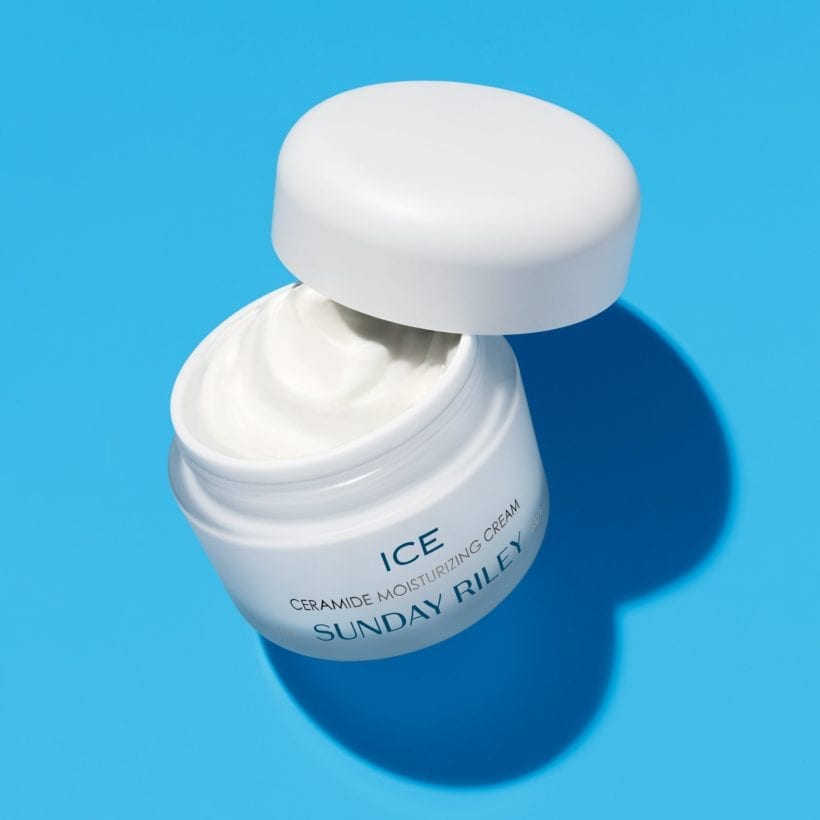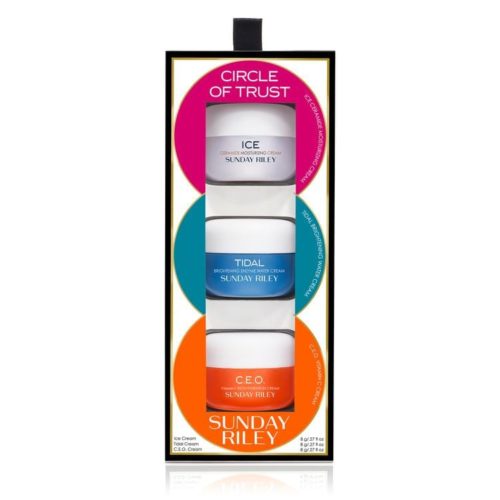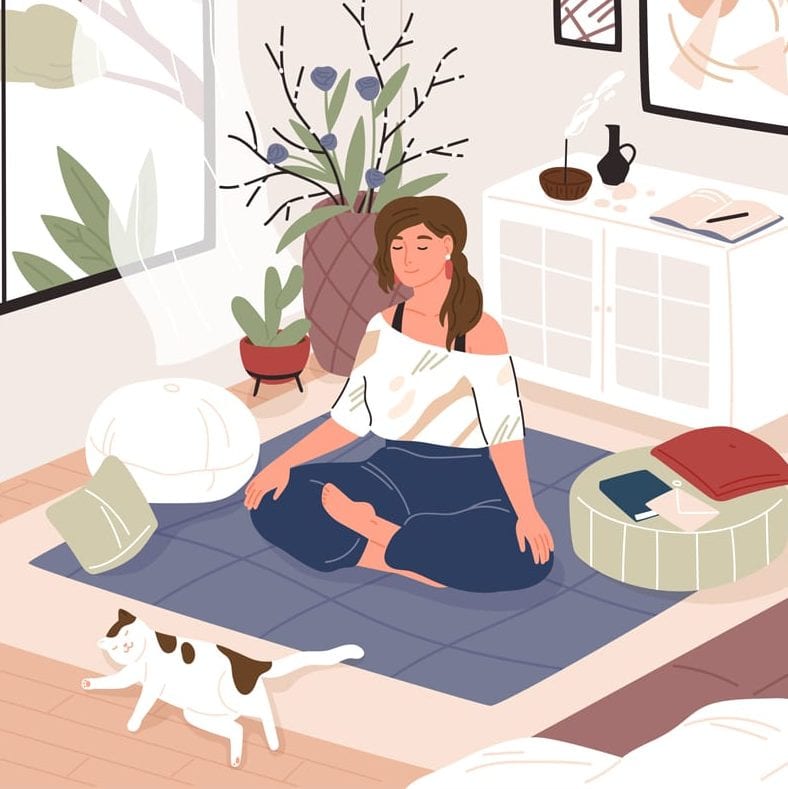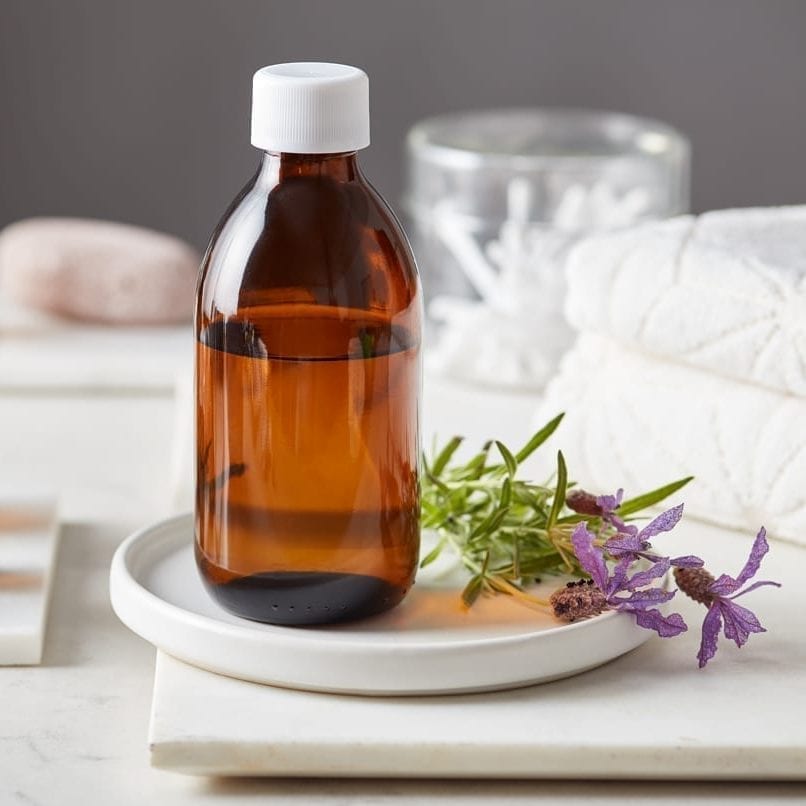Suffering from a serious case of 2020 face? Hardly surprising when you consider the impact of the last year.
Stress and the state of our skin are intrinsically linked. It’s all down to our biological makeup and, in particular, cortisol. “Stress is manifested chiefly by the secretion of the stress hormone, cortisol. This hormone enters into the bloodstream and causes an increase in the production of oil,” says Dr. Rekha Tailor, the medical director for Health & Aesthetics. “This, in turn, impacts the skin by making it more prone to acne,” she adds. This increased cortisol has a knock-on effect. “It stimulates the hypothalamus in the brain to release another hormone called CRH which then increases sebum production,” says Dr. Sophie Shotter, founder of Illuminate Skin and Wellness Clinic. It’s not just oil levels that are impacted by this stress-induced cortisol spike. “Cortisol dampens our immune system, causing an inflammatory response in the skin,” Shotter explains. This can lead to flare-ups of conditions like eczema and psoriasis.
Aside from stress, with masks mandatory for many, the phenomenon of maskne can’t be overlooked. Face coverings trap sweat and oil on the skin surface which can lead to breakouts. They’re a breeding ground for bacteria which only exacerbates this problem further. Masks can also rub on the skin causing irritation and rashes due to our natural moisture being compromised. Unfortunately, trips to your dermatologist or aesthetician aren’t as easy to do these days to help keep skin in check. And, when you’re staring at your face on Zoom all day, you’re even more aware of your skin issues.
Whatever your reason, we feel you. Here, we explore some simple tips to combat your skin freaking out:
Manage your stress

First and foremost, it’s important to tackle the root cause of your stress. That’s probably easier said than done in 2020, but there are tactics that can bring down cortisol levels. Banking a solid night’s sleep, eating healthy, balanced and nourishing meals, and making sure to get out in nature every day are some good places to start. Regular exercise, a daily mindfulness practice, and limiting your intake of social media and the news is sure to help too.
Protect the skin barrier
From a skincare perspective, it’s all about protecting the skincare barrier. “When our skin is stressed and our skin barrier becomes impaired, it’s important to give it some TLC and not overdo the active ingredients,” Shotter suggests. Instead, focus on barrier healing ingredients like ceramides or hydrating heroes like hyaluronic acid. Keep your routine simple and consistent for the best healing results. “Avoid any synthetically fragranced products, which could be irritant to an already impaired barrier,” Shotter adds.
Tackle breakouts
Both morning and evening, prioritize cleansing using Sunday Riley Ceramic Slip Cleanser, which also pulls in hydration, draws out impurities, and reduces the buildup of oil and bacteria. Use a BHA exfoliant like salicylic acid, which will remove dead skin cells and excess sebum. Plus, remember to wash your pillowcase and smartphone regularly — they only increase the problem of rapidly spreading bacteria.
Wash your mask regularly
It’s not just important for the virus itself, washing your cloth face mask regularly helps to reduce the build-up of bacteria inside the fabric. “This reduces the number of bacteria that comes into contact with your skin. This, in turn, helps to reduce the bacteria that clogs up pores and causes blackheads and spots,” says Tailor. If you’re using the blue surgical masks, make sure you’re throwing them away after every use.
Have an at-home facial
With spa trips off the card for the meantime, indulge in creating an at-home setup. A self-care exercise that will help with stress, it will also benefit your skin. Try a face mask (the skincare type) suited to your skin concern, whether you need to address pores, hydration, or your skin’s elasticity. Take it up a notch by using a jade roller or gua sha tool or another form of facial massage — it’s a great way to reduce tension and drain toxins from your face.
Don’t skimp out on skincare
It could be tempting to skip your usual skincare routine when you’re feeling stressed and just want to hit the hay. “Our skin likes a routine,’ says Tailor. When you’re inconsistent with your skincare regimen (e.g. you go days without moisturizer, or you don’t wash your face every night), it can aggravate issues and cause flare-ups. “At times when we are under stress we may find ourselves skipping our usual skincare routines, sleeping for less, eating unhealthy foods, drinking more alcohol — all of which can negatively impact our skin,” she says.
Examine your existing products — and adjust, if needed

If you find that your skin isn’t responding to the products in your routine, even if you’re using them on a consistent basis, try incorporating something different or new. Perhaps you could benefit from a stronger dosage of retinol, for instance. Whatever you do, make sure that you aren’t introducing too many new products at once, or your skin might continue to go haywire. Patch test for any allergies, and give it a few weeks in between new products to give your skin a chance to get used to it.
We only recommend products we have independently researched, tested, and loved. If you purchase a product found through our links, Sunday Edit may earn an affiliate commission.

